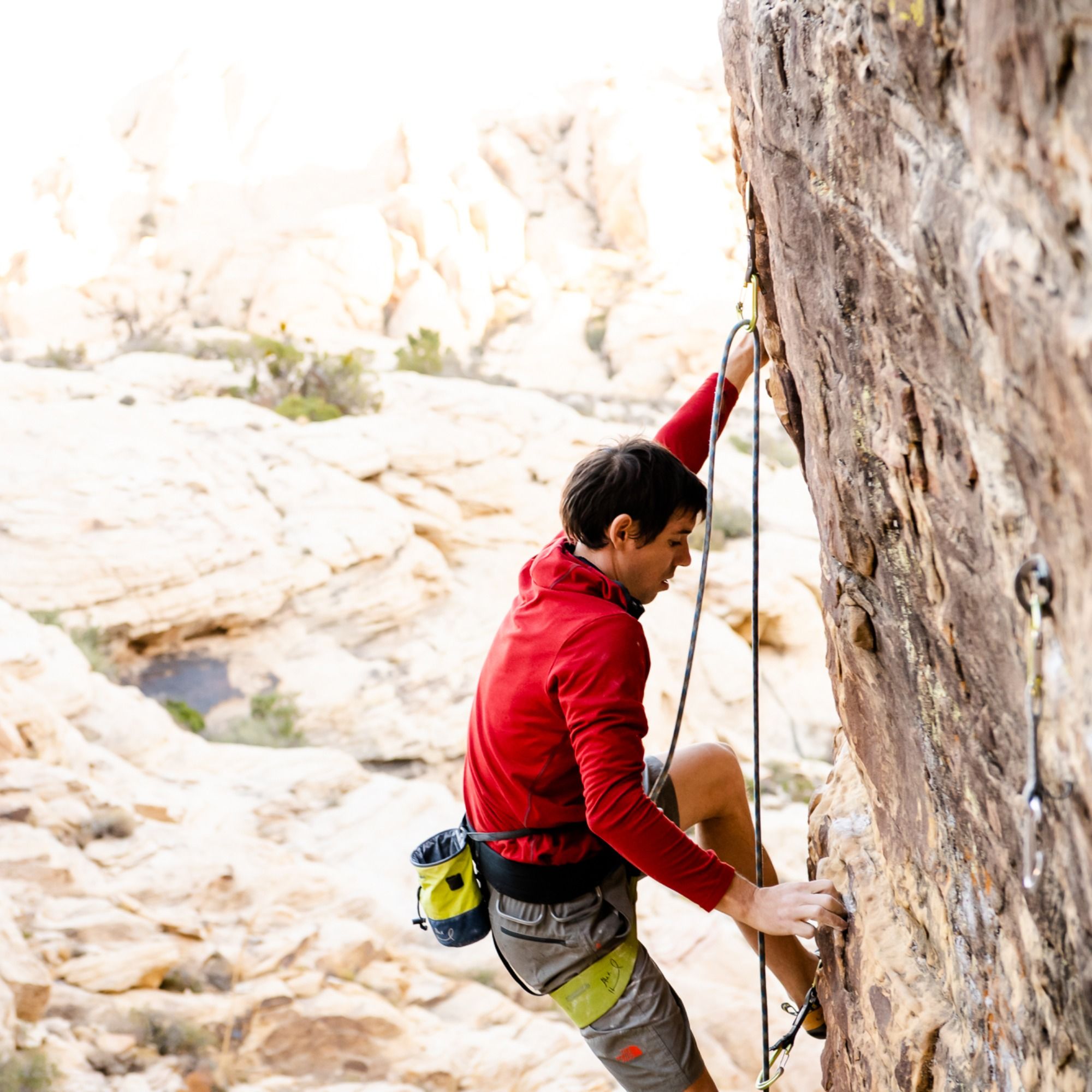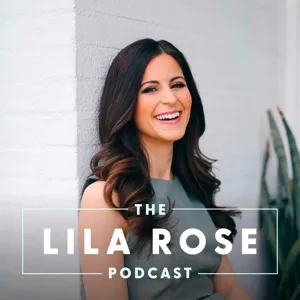Podcast Summary
Exploring the Limits of Human Potential in Sports: Advancements in technology, training, and mindset have led to remarkable improvements in athletic performance, pushing the boundaries of human potential.
Human potential is continually evolving, with advancements in technology and training playing significant roles in pushing boundaries. According to Alex Honnold and Peter Levine, there are real limits to human potential, but we're not close to reaching them in many areas, such as rock climbing. However, in sports like marathoning and the 100-meter sprint, we may be approaching those limits. The human body's genetic potential has remained the same for thousands of years, but advancements in equipment and systematic training have led to remarkable improvements in athletic performance. For instance, ice climbing is much easier today due to lighter and more advanced equipment. The psychological aspect also plays a crucial role, as knowing what's possible can inspire individuals to push harder and break through perceived limits.
The Evolution of Fair Play in Sports: Sports have varying definitions of fair play, with some having clearer guidelines and others presenting more nuanced questions, such as advancements in equipment or natural abilities impacting performance.
While some sports have more codified training methods and clearer lines between fair play and augmentation, others, like climbing, are still evolving and present more nuanced questions about what constitutes a fair advantage. For instance, advancements in equipment or even natural abilities can significantly impact performance. The example of the Kenyan marathon runner Elio Kipchoge, who ran under 2 hours but wasn't recognized as setting a world record due to the use of technology and pacers, illustrates this complex issue. As technology and human capabilities continue to advance, it becomes increasingly difficult to determine where the line lies. Ultimately, the definition of fair play in sports is shaped by the rules and norms of each specific discipline.
Rules and societal norms shape our perception of impressive feats in sports: The use of technology or preparation can alter the perceived impressiveness of a sports feat, with societal norms and sport-specific rules playing a significant role in determining what is considered impressive
The definition of cheating or acceptable methods in various sports, including climbing, is determined by the governing body of that sport. Historically, as human performance exceeds what was once thought impossible, rules and expectations evolve. For instance, in climbing, the use of aids like ropes and slings was once acceptable, but now barefoot, naked free soloing is seen as a greater accomplishment due to the increased mental challenge and lack of equipment. This raises the question of whether the psychological challenge of a feat increases its impressiveness, or if the use of technology or preparation detracts from the accomplishment. Ultimately, the rules and societal norms surrounding these challenges shape our perception of what constitutes a truly impressive feat.
Distinguishing between true achievements and mere progress: Setting inspiring goals and focusing on achievable objectives daily can help individuals and businesses reach their full potential. Persistence, training, and a clear vision are essential for unlocking human potential.
Setting clear objectives and achieving smaller goals along the way are essential for unlocking human potential, whether it's in personal challenges or building a company. The speaker emphasized that it's important to distinguish between truly remarkable achievements and those that are merely the result of inexperience. While it's great for beginners to tackle challenges, it's not inspiring to frame every misstep as a triumph. Instead, setting larger, inspiring goals, and focusing on smaller, achievable objectives day by day, can help individuals and businesses reach their full potential. The speaker also noted that investment plays a role in unlocking human potential by funding innovative technologies and ideas. The conversation highlighted the importance of persistence, training, and having a clear vision for the future.
Supporting technical founders and their growth: Investing in startups goes beyond financial gain, focus on the founder's passion, growth, and the journey to build a successful company.
Investing in startups involves more than just financial gain. It's about identifying and supporting technical founders with a passion for their idea, and helping them grow as leaders within their companies. This approach not only leads to great product market fit but also unlocks their potential. The process of building a company is like climbing a mountain, with each handhold or foothold representing the next step. It's important to focus on the process and find meaning in the effort, rather than solely fixating on the end goal. Working hard is essential, but it must be productive. Effective entrepreneurs make the most of their time and resources, avoiding "junk miles" or unproductive activities. To be a successful investor or entrepreneur, it's crucial to understand that the journey is just as important as the destination.
Tracking progress in fitness: Monitor improvements in strength and efficiency through regular journaling, set specific training milestones, focus on quality of effort, and adjust benchmarks as needed for ageing.
Effective training and improvement in fitness go beyond just being sore. It's essential to keep track of progress and quantify results to determine if training methods are working. The speaker shares his experience with climbing and maintaining a journal to monitor improvements in strength and efficiency. He emphasizes the importance of setting specific training milestones and focusing on the quality of effort rather than just the hours spent training. Ageing is also a factor, and adjusting benchmarks accordingly can help maintain progress and success in fitness endeavors.
Aging and Climbing: Opportunities for Growth: Despite physical decline, mental and technical growth in climbing remain possible. Emphasis on mental and technical challenges and expeditions can lead to significant contributions to the climbing world.
While physical abilities may decline with age, the opportunities for growth and improvement in technical and mental aspects of climbing remain abundant. The speaker, despite being past his physical prime, still feels he can improve through new training techniques and strategies. He also emphasizes the importance of mental and technical challenges in climbing as one ages, and the shift towards expeditions and exploration as a way to contribute to the climbing world. The speaker's experience of free soloing El Capitan after years of preparation demonstrates the liberating effect of focusing on these aspects of climbing. Additionally, advancements in speed climbing show that human physiological limits for climbing El Capitan may be far greater than previously thought, with potential for significant time reductions.
Setting and achieving ambitious goals: Investing time and resources in long-term goals can lead to greater achievements. Seek inspiration from diverse sources to broaden horizons and find new challenges.
Setting and committing to goals, whether they be in athletics or entrepreneurship, requires a significant investment of time and resources. The speakers in this discussion had set a goal to climb a difficult mountain route multiple times, but ultimately decided to move on after achieving their initial goal due to the risks involved and other commitments. They reflected on how setting a longer-term goal could have led to even greater achievements. The speakers also discussed finding inspiration from people and projects outside of their own areas of expertise, highlighting the importance of broadening one's horizons and seeking out new challenges. Ultimately, the conversation underscored the importance of setting ambitious goals and being willing to invest the time and effort required to achieve them.





